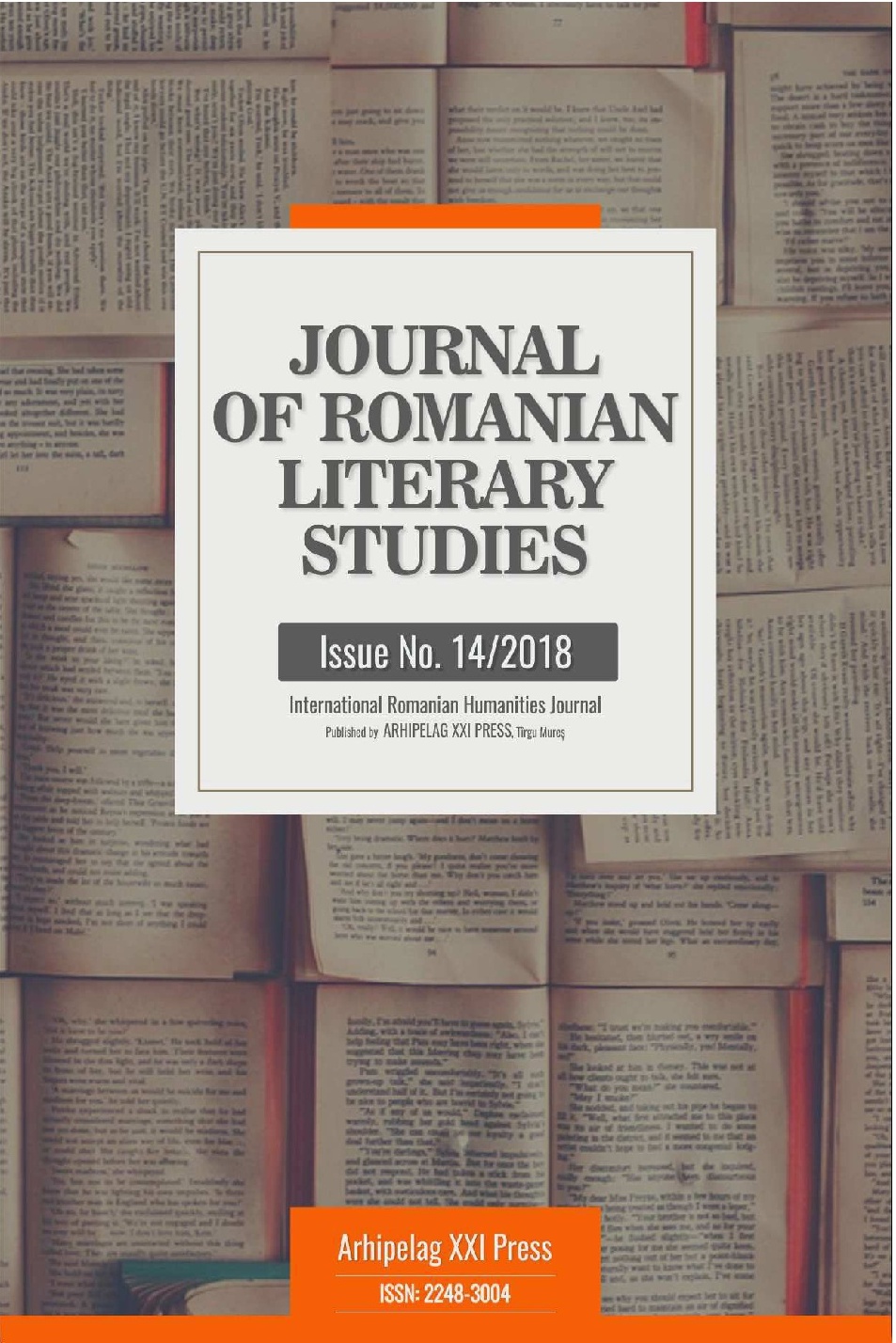WHY STILL ENGLISH FRANCA?
WHY STILL ENGLISH FRANCA?
Author(s): Violeta NegreaSubject(s): Language studies, Globalization
Published by: Editura Arhipelag XXI
Keywords: etymology; linguistic globalization; English Franca; language economics; development;
Summary/Abstract: The English process to reach the status of a universal instrument of communication makes its way to the modern globalized world as the humankind second largest native language and the official language of over 70 countries. (Crystal, 2003: 1-27) English is the most widely learned second language and more and more people are clamoring to learn it. 80% of the information in the world is expressed in English (Crystal, 2003:106) making it a universal communication instrument and learning must for cross culture openness, flexibility, and adaptation. Our investigation covers the historical, political, and cultural resources of the linguistic phenomenon which assist communication, knowledge transfer, and development. The conclusion goes to the independent nature of the English language paradox: it is not the political or military domination, or even the native linguistic policy that made it spread and develop but the strength of the people speaking it natively, despite the political events in its country of origin1 . The article pleads for the cognitive input-output language nature as part of the upward economic, cultural and social development and integration through knowledge and understanding.
Journal: Journal of Romanian Literary Studies
- Issue Year: 2018
- Issue No: 14
- Page Range: 292-297
- Page Count: 6
- Language: English

